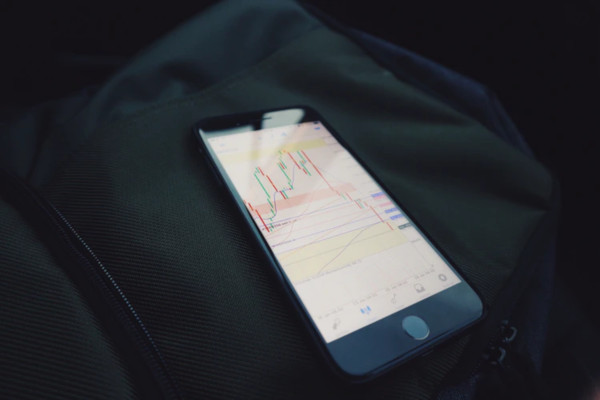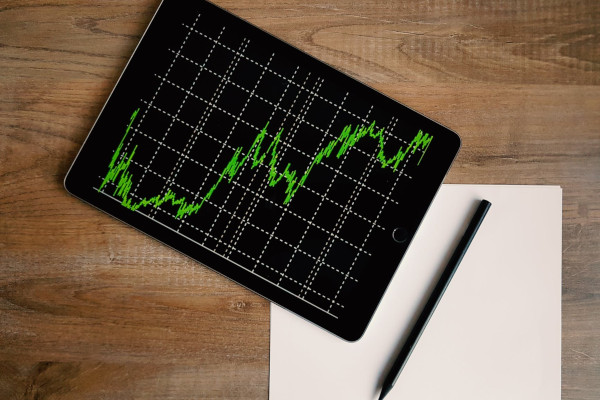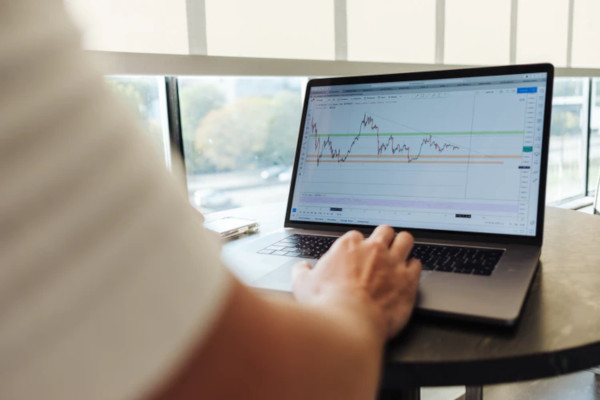The Basics of Options Trading – Examples
An option in trading is a contract in which the owner or the investor other rights but not of buying and selling the underlying instruments at a particular fixed price within a particular timeframe. These instruments include all the securities, stocks, exchange-traded funds (ETF), etc. Buying and selling in this sort of trading is done on the options market to trade the contracts focussing the securities. But options are not stocks and can not give ownership to anyone. If you are buying shares lately it is a “call option” in and with which you can sell the shares after a certain period that is called “put option”.

What are Options Trading terminologies?
- Strike Price: The term strike price is used in options trading to mean the amount which has been decided between the two parties to buy and sell the contract. In a call option, this term is used to refer to price stocks that can be bought at. And for put options, it indicates the price at which the seller sells the stocks.
- Premium: It refers to the amount used to buy an option.
- Expiry/Expiration Date: Expiry or expiration date is used to mean the end of the contract in the trade. Options trading is always bound with a certain time limit. This timeframe is based on the market conditions, regulations and the statistics for the respective trade.
- Underlying Asset: This term is used to mean the stocks, indexes, commodities, currencies, instruments, etc. The options price is based on its underlying assets.

What is the Call Option and Put Option?
Call Option
A call option is a sort of contract in which the owner has been given the right to buy certain shares of certain stocks. All call options give the traders to buy securities, stocks, bonds, etc. It also allows buying the instruments and indexes but in the future period when the contract expires. Choosing a call option means you wish the stocks should go up to reach the maximum price that helps to get you greater profit out of the stocks and the securities. This also gives the right to buy and sell stocks immediately for immediate profit encashment.

The capital used to buy the call option known as the premium that enables you to buy the stocks. Buying a call option comes with two types of payment ways, to agree to buy at a strike price or to buy at a predetermined rate which changes only when the contract culminates. The process of a call option is like you are storing capital and the storing period expires at one point and you get the opportunity to buy securities and stocks in the options market. But you often have to renew those options as it experiences time decay when the value of it falls.
Put Options
opposite to call option, put options allow the investor or the owner to sell instead of buying certain shares at a certain rate over a specific period. It gives the owner right but not impose any obligations as call options do. In this option also the trader can sell stocks and securities when the contract expires. Put options also use strike price to refer the amount that is considered by the parties to sell the stocks and premium for the fee paid for the options. One difference that put option has contrary to the call options is that the owner may wish the securities to drop the price if they are buying the option with a wish to derive profit. It follows that the higher the strike price would go the greater intrinsic value the put options would get.
How Options trading Is different from Stock Trading?
The origination of options trading has been done to specify and use the different trading techniques apart from the existing stock trading techniques and approaches. The following points can prove how it is different and important in the business and trade field.

- The stock contracts are not bound with any expiry date whereas the option contract is. The expiry date of different options trades my differ from one another based on the project you are dealing with.
- Options derive the value of the securities fro something else than what stocks derive it from, that s why they are identified in the derivations category.
- Options are never definite in numbers.
- Option owners do not get rights or chances to vote contrary to stock owners.
What are the Pros and Cons of Options Trading?
Pros
- Options trading is prone to recover quickly from different market downturns in the market prices and helps to increase the income and investments.
- It helps to get better deals with the instruments and equities. Without any direct investment, it helps to capitalize on the equity rising or dropping.
- It helps to limit the probable losses and limits its exposure.
- It gives leverage.

Cons
- The drawback that the options have is the time value of the stock options constantly decays.
- Many a time a large percentage of option might expire.
- Leverage gives both profit and loss at times and circumstances.
The Basics of Options Trading – Examples

An option in trading is a contract in which the owner or the investor other rights but not of buying and selling the underlying instruments at a particular fixed price within a particular timeframe. These instruments include all the securities, stocks, exchange-traded funds (ETF), etc. Buying and selling in this sort of trading is done on the options market to trade the contracts focussing the securities. But options are not stocks and can not give ownership to anyone. If you are buying shares lately it is a “call option” in and with which you can sell the shares after a certain period that is called “put option”.

What are Options Trading terminologies?
Strike Price: The term strike price is used in options trading to mean the amount which has been decided between the two parties to buy and sell the contract. In a call option, this term is used to refer to price stocks that can be bought at. And for put options, it indicates the price at which the seller sells the stocks.
Premium: It refers to the amount used to buy an option.
Expiry/Expiration Date: Expiry or expiration date is used to mean the end of the contract in the trade. Options trading is always bound with a certain time limit. This timeframe is based on the market conditions, regulations and the statistics for the respective trade.
Underlying Asset: This term is used to mean the stocks, indexes, commodities, currencies, instruments, etc. The options price is based on its underlying assets.

What is the Call Option and Put Option?
Call Option
A call option is a sort of contract in which the owner has been given the right to buy certain shares of certain stocks. All call options give the traders to buy securities, stocks, bonds, etc. It also allows buying the instruments and indexes but in the future period when the contract expires. Choosing a call option means you wish the stocks should go up to reach the maximum price that helps to get you greater profit out of the stocks and the securities. This also gives the right to buy and sell stocks immediately for immediate profit encashment.

The capital used to buy the call option known as the premium that enables you to buy the stocks. Buying a call option comes with two types of payment ways, to agree to buy at a strike price or to buy at a predetermined rate which changes only when the contract culminates. The process of a call option is like you are storing capital and the storing period expires at one point and you get the opportunity to buy securities and stocks in the options market. But you often have to renew those options as it experiences time decay when the value of it falls.
Put Options
opposite to call option, put options allow the investor or the owner to sell instead of buying certain shares at a certain rate over a specific period. It gives the owner right but not impose any obligations as call options do. In this option also the trader can sell stocks and securities when the contract expires. Put options also use strike price to refer the amount that is considered by the parties to sell the stocks and premium for the fee paid for the options. One difference that put option has contrary to the call options is that the owner may wish the securities to drop the price if they are buying the option with a wish to derive profit. It follows that the higher the strike price would go the greater intrinsic value the put options would get.
How Options trading Is different from Stock Trading?
The origination of options trading has been done to specify and use the different trading techniques apart from the existing stock trading techniques and approaches. The following points can prove how it is different and important in the business and trade field.

The stock contracts are not bound with any expiry date whereas the option contract is. The expiry date of different options trades my differ from one another based on the project you are dealing with.
Options derive the value of the securities fro something else than what stocks derive it from, that s why they are identified in the derivations category.
Options are never definite in numbers.
Option owners do not get rights or chances to vote contrary to stock owners.
What are the Pros and Cons of Options Trading?
Pros
Options trading is prone to recover quickly from different market downturns in the market prices and helps to increase the income and investments.
It helps to get better deals with the instruments and equities. Without any direct investment, it helps to capitalize on the equity rising or dropping.
It helps to limit the probable losses and limits its exposure.
It gives leverage.

Cons
The drawback that the options have is the time value of the stock options constantly decays.
Many a time a large percentage of option might expire.
Leverage gives both profit and loss at times and circumstances.

